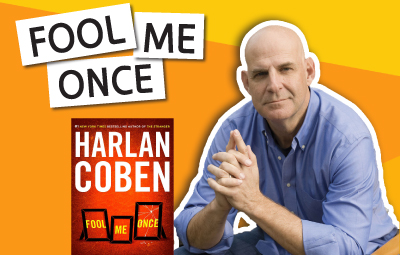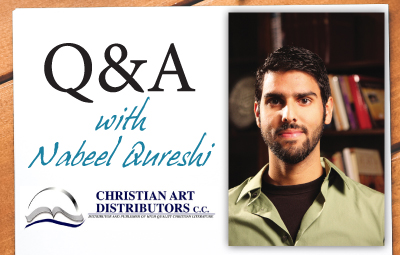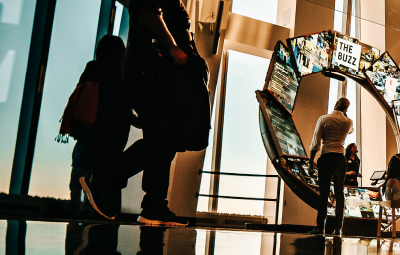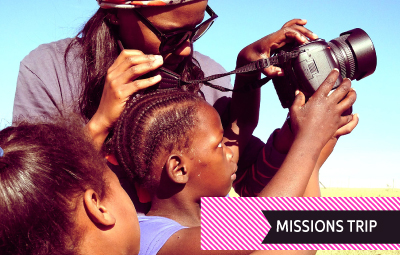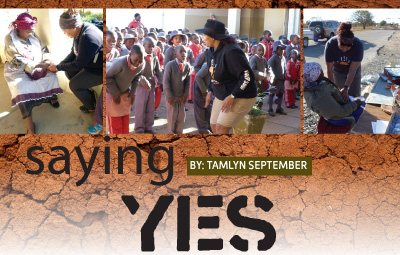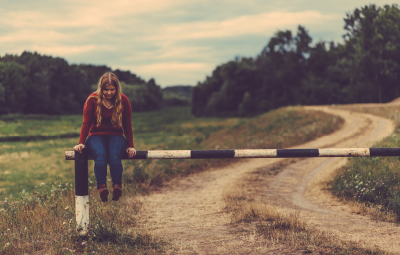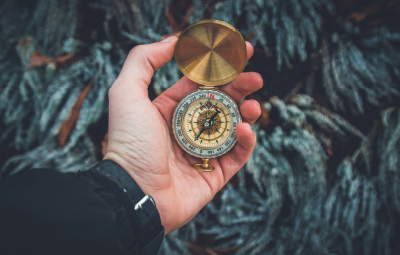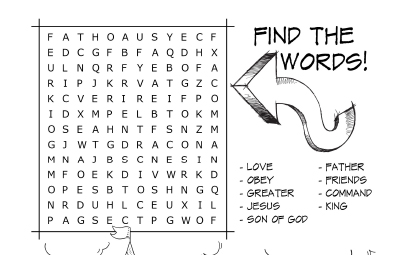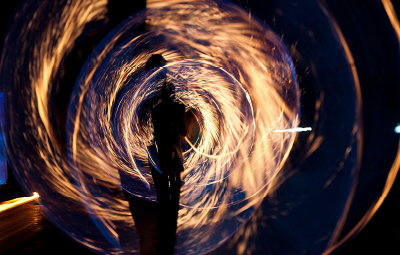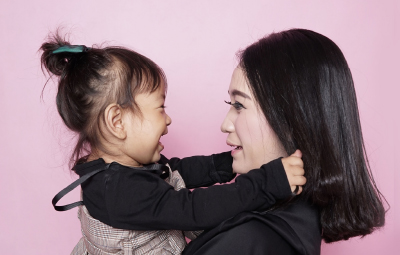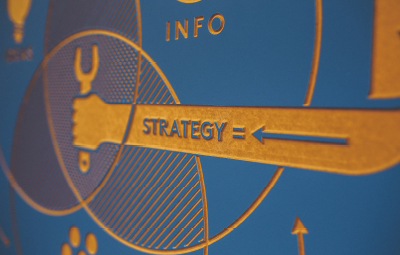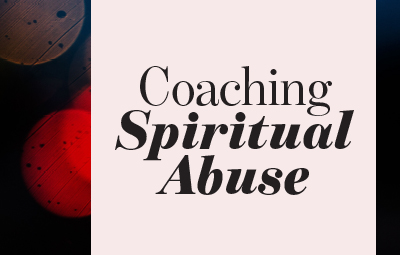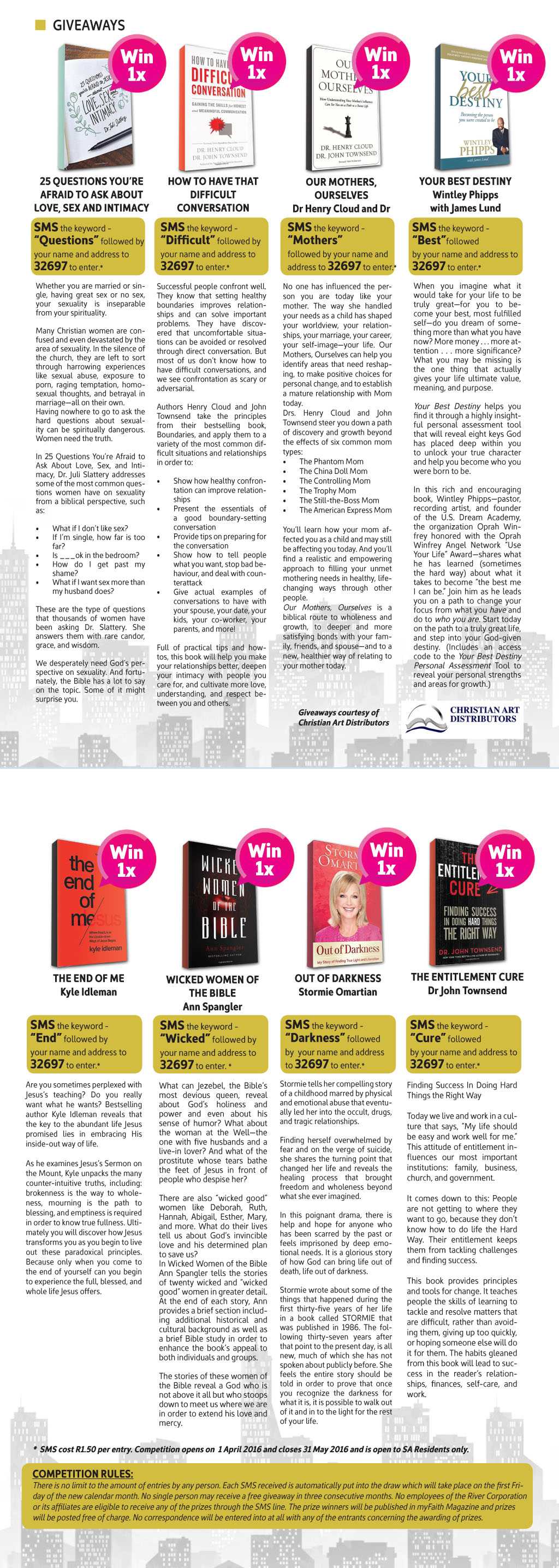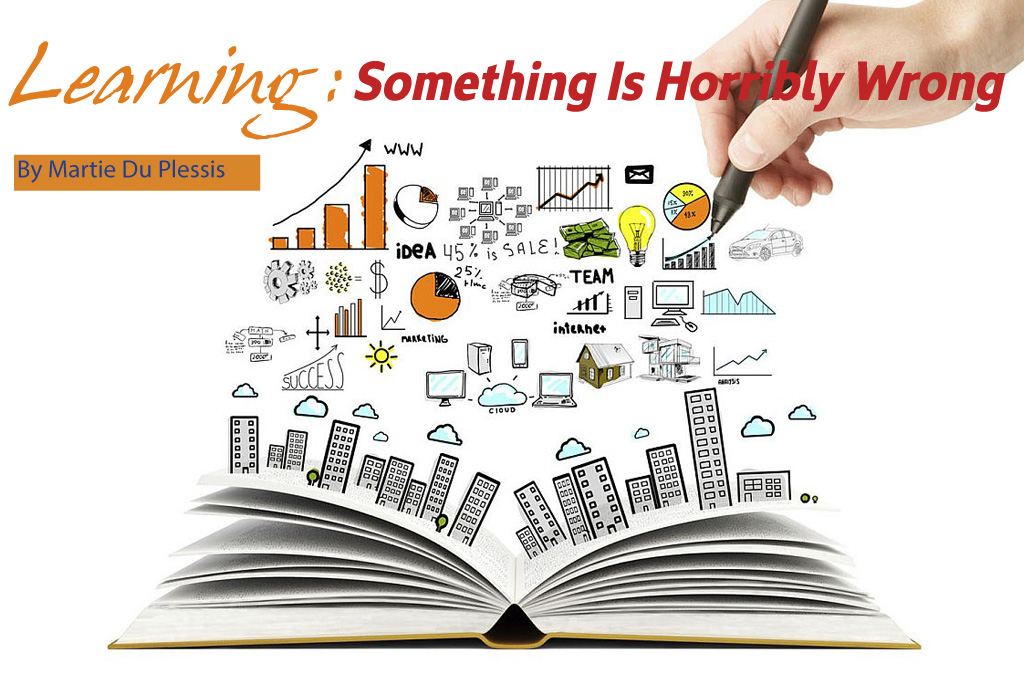
I have been involved in the home education movement for fifteen years, and also educated my own daughter at home for a few years. She is married now and they home educate their five children. The latest addition to their family was born a few weeks ago on their farm, and during that time I spent twenty days with the family to help out with household chores and taking care of the four other siblings. The last vestiges of lies that remained from my teacher training days were finally shattered - I realised again that school and learning is not the same thing!
My assistance on the farm included the home education of the four little ones. I went armed with many plans and programmes in my head for as many exciting activities to do my job as best I could. My experience has shown that it is much easier for parents and teachers to plan a lesson and to aim for an outcome, but much harder to let children play and to trust that effective learning had taken place during playing, or that the playing was actually enough. Parents and teachers spend hours preparing and planning assignments with pre-conceived expectations, most of which is totally irrelevant to the context in which the children live, with the result that no actual learning takes place. The time I spent with my grandchildren reaffirmed that a child's natural design is to learn. Learning, in its informal expression of exploration, discovery, experimentation, imagination and creativity (playing), is the main occupation (job) of children. When we allow our children to play while forming Christlikeness, we do more for their growth and learning and their knowledge of who they are in God (as God's children).
Though I had success in letting the oldest one do his maths and letter cards daily, I had much more learning successes with exposing them to mending the holes in their dad's socks, sorting the socks of family members, making tomato and onion sauce fresh from the garden, spontaneously worshipping God and adding percussion instruments, cutting branches from a fallen tree, watching a baby being born, caring for a new-born, and being generally helpful around the house. Many other examples can be added!
The most exciting moments of learning I witnessed were when I bought each child a tape measure, with which we experimented by measuring different objects and body parts. This was in preparation for an on-going farmhouse renovation nearby, to be completed over the next two months. We sat around a table and designated the different tasks to the "team" for interdependent work. Cautious Nicholas (nearly 7) was given responsibility for stock, finances and till-slips with his daddy. Artist Evangeline (4) was to help with the interior decorating, colour options and decor with mommy. Caleb (3), more of a hands-on and risk-taking toddler, was assigned to quality control and projects with Vincent the painter. Maia Hope (18 months) was involved with hospitality and fun with Ouma, reminding all to enjoy the projects and also to play in-between. It was in this learning process that I witnessed a sense of true responsibility and enjoyment, also because it was relevant and real (real life context) to the whole family.
It is much easier for the parent or teacher to task children with worksheets than applying creativity, imagination and critical thinking with the aim to model a lifestyle of learning. If parents and teachers truly grasp a lifestyle of learning, they involve and engage their children in all aspects of life with patience. One even includes the very young ones! You answer intricate questions, don't mind to giving detailed answers, and share vision for the sake of understanding the bigger picture. This type of learning has a lasting effect, it is practical and useful, and it imprints on the hearts of the children a future philosophy of continuous learning.
Indeed, in this process the adults learn as much as the children. The involvement requires growth in the adults - a willingness to increase one's capacity to make space for others to grow and learn at their own level and time. Sadly, since many adults never experienced learning at this level when they were children, there is often a lack of experiencing this amazing God-given gift of learning with their own children. However, it is never too late to start. The role of the parent or teacher is as a provider of opportunities, a helper, a supporter and an encourager. It is not a difficult task but rather a simple one. Parents experience this when a child learns to walk - the child is encouraged enthusiastically to do more of what they already can do naturally and go further and faster.
Most parents or teachers have been brainwashed over the years to follow a specific curriculum, and this plan-to-go is mostly to the detriment of the child's soul and relationships involved. A curriculum does not cause learning to take place through learning, as it requires a certain performance standard at a specific time. In fact, a curriculum in most cases is there for he adult (educator) to feel secure in the situation. In order for me to truly embrace the rich learning experience with the children, I had to let go of my own ideas and planned agendas for the day.
Most families are so busy and on the go that little 'free time' remains. Relationships become tense with bickering among siblings who are irritated with one another. Most children spend their free time with TV, movies, iPads, cellphone games and social media connections. However, natural learning happens when children are given time for 'free time', and where family, adult or caregiver relationships are positive. Truth is that adults have more time and emotional energy to embrace natural learning while loving each other and building the family.
The lack of learning has numerous effects on society. Some of the symptoms are resistance to learn, learning problems, conflicts, anger, fear, anxiety, a longing for peers, a longing for entertainment, apathy, dutiful subjection to assignments, independence, disrespect, boredom and much other relational behaviour. Furthermore, children lose their ability to explore, discover, imagine, problem-solve, and be creative. They lose their ability to learn and they lose their connection with themselves. These children only want to watch video games, movies and connect with friends. They are children who are bored. A bored child is a sick child. When this happens to your children, they have lost their ability to learn.
During this time of intense, practical experience with my grandchildren, the knowledge of what is going on in the lives of older school children, and being exposed over many years to the fears of parents, I am more convinced than ever that something is very wrong. Unless parents and teachers make it their aim again to bring back natural learning to the educational landscape, we will reap the fruit of deeply disillusioned adults, drifting aimlessly with neither direction nor purpose, and not excited about learning.
In our current Information economy where there is an excess of data, it is of utmost importance that people love learning. Also because it will be a life-long process where any person can learn if they are positive about learning.


